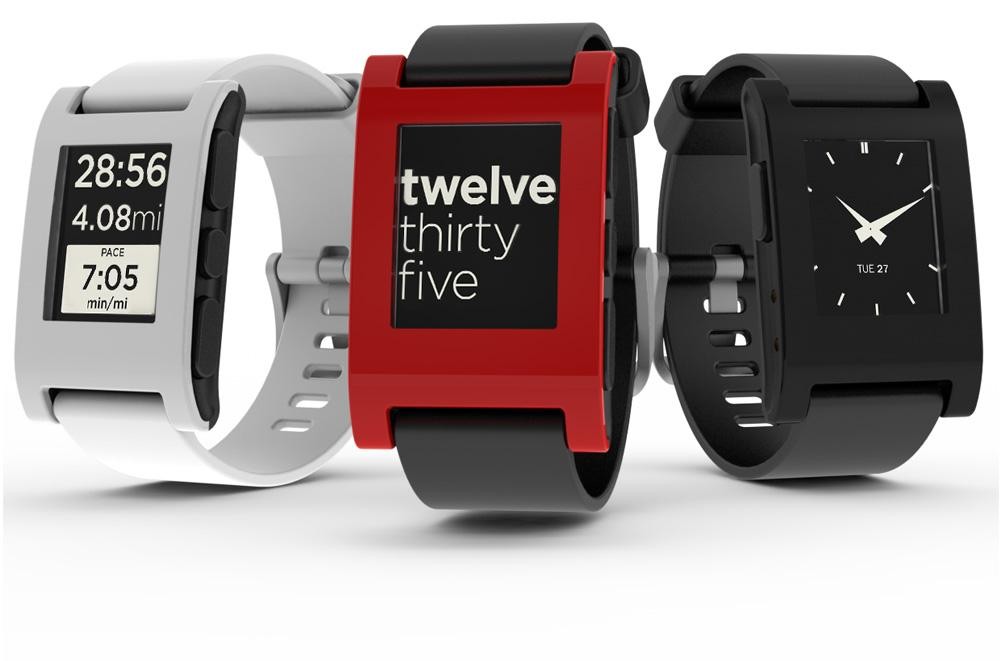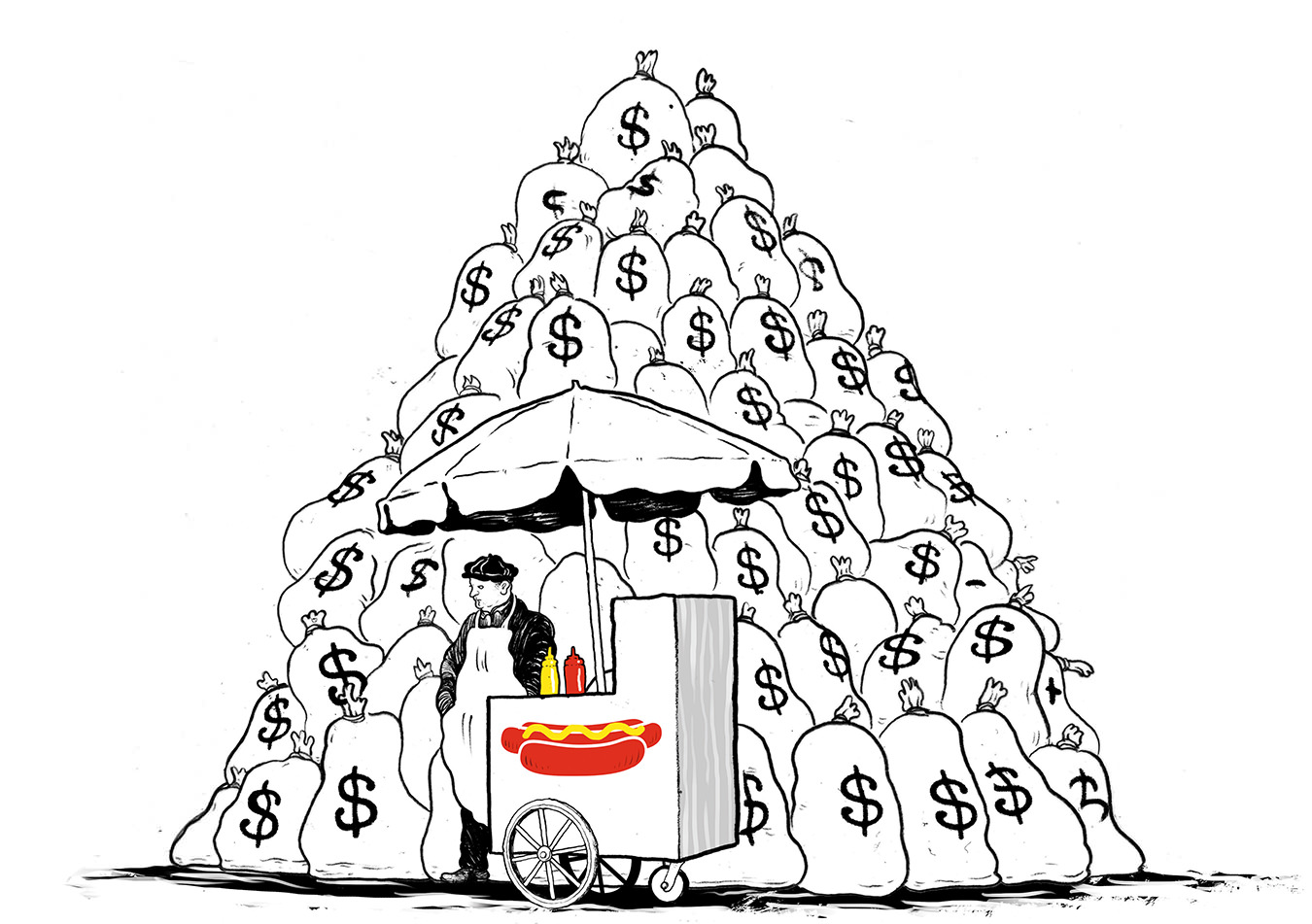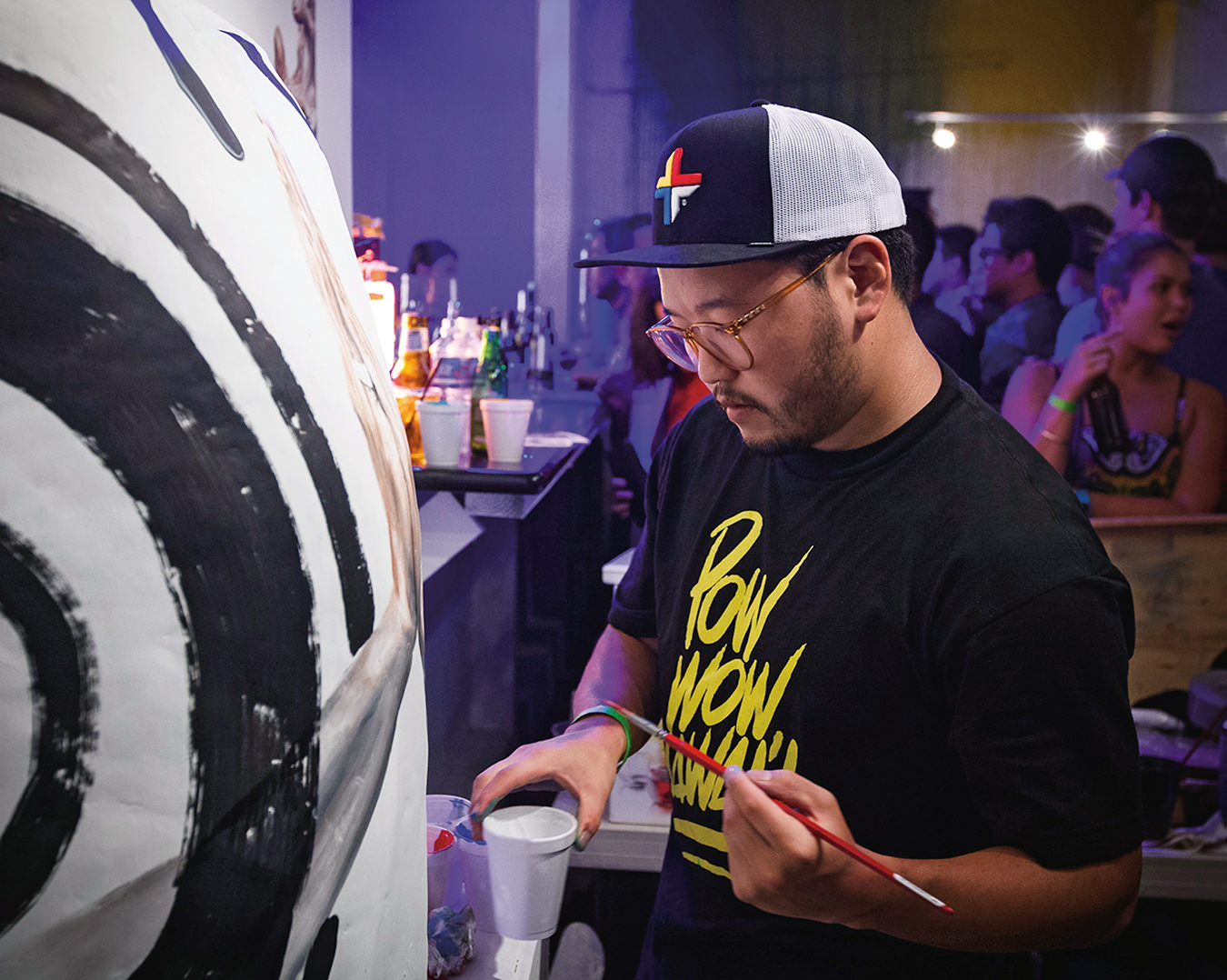Kickstarter comes to Canada
Start me up.

Calling all entrepreneurs: online crowdfunding company Kickstarter is coming north of the border.
Founded in the Big Apple’s Lower East Side in 2009, the company provides an alternative source of financing for artists, authors, filmmakers, foodies, gadgeteers, and others with cool business ideas that banks wouldn’t touch with a $10 bill. As of September 9, Kickstarter began accepting Canadian projects, allowing everyone from Vancouver to Halifax to Iqaluit to get in on the fun of small-business financing.
It works something like this: instead of asking for a handout to get their businesses going, would-be entrepreneurs ask the Internet, creating a brief project pitch and accompanying video for users to peruse on the Kickstarter website. Owners set an “all or nothing” financing target for the project, above which the project goes ahead, below which it doesn’t. In return for a financial pledge, users (“backers” in Kickstarter parlance) receive contra—a sample product, a signed or special edition copy of the creative work in question, a personal thank-you, that kind of thing. Ownership and copyright remains the sole property of the creator, while Kickstarter keeps 5 per cent of all funds collected.
As for actual business results, thus far, Kickstarter’s track record has been mixed. Sure, there have been successes—the Pebble “smartwatch” raised over $10-million via the site, and has gone on to sell over 85,000 copies at last count. But there have also been controversies. A project for a genetically-modified bioluminescent plant created some heavy-duty backlash from anti-GMO groups. Another for a dating handbook was accused of being little more than a how-to manual for date rape. And there has been at least one case of alleged fraud. For all this, as well as its penchant for ignoring complaints, the Better Business Bureau has given Kickstarter a grade of “F.”
Not that it will matter much. From a culture perspective, Kickstarter picked the right time to get into the business of starting businesses. Take a look around and you can see that there has never been a better time to be an entrepreneur. Magazines such as Fast Company, Inc., and the appropriately-named Entrepreneur provide plenty of profiles and helpful hints, while reality television such as Dragons’ Den celebrates the ego and the energy of owners and inventors. Even Hollywood is getting in on the fun: one of the reasons why superhero du jour Iron Man Anthony “Tony” Stark is so compelling is because he wasn’t born into heroism (Superman), or had it bite him in the hand (Spiderman), or inherited it when his parents were gunned down (Batman). He made it—both the suit and the money, rivet by rivet, dollar by dollar.
Ay, there’s the rub. In this, the age of income inequality, the myth of the entrepreneur is one of the best we’ve got. As much as it is about getting great businesses off the ground, Kickstarter is also about celebrating the romance of the meritocracy, that vision of the visionary, the ideal of the success-obsessed guy or gal who fought the fear, beat the odds, and sweated the details in Mom and Dad’s basement on the way to self-made success. Now that’s an idea worth investing in.




